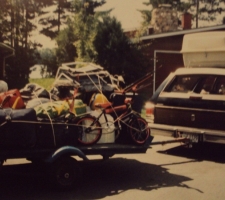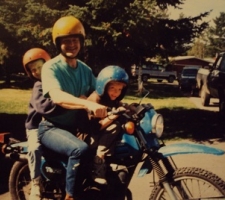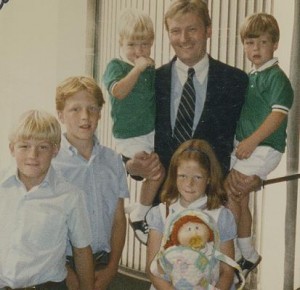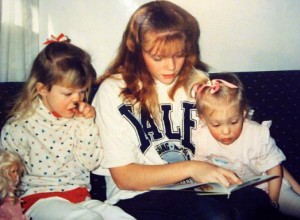Although a year ago Nate’s bad back was forcing him to deal with a boatload of trouble, the cancer diagnosis didn’t surface until the end of September. Symptoms of its secret presence were evident much earlier, but none of us knew its name.
When Nate began losing weight, which might have been a clue, we attributed it to his lessened appetite because of increased pain in his back. Then he began receiving compliments. “You look good! Losing weight?” Having put on quite a few middle-age-pounds in recent years, he enjoyed the accolades and decided to work at losing more, taking smaller portions and eliminating desserts.
When he continued to lose, we were both proud of him. I said, “You men are so lucky. One little dietary change and the pounds melt away.” How could something that looked so good be so insidious?
In August, when he began complaining of a stomach ache, which was probably his pancreas immediately next to the stomach, even his back doctor agreed it was probably the pain meds irritating him. The solution was to change his prescription.
When extreme exhaustion swamped him and he trudged up the stairs to collapse on the bed by 7:00 PM, he credited his age. “I think this is just what mid-sixties feels like,” he said.
When he developed a wisp of wheezing at the end of each breath, we labeled it “stress”. When he ran an occasional fever, he asked for ginger ale and said, “I should have gotten a flu shot.”
The mind is a complicated piece of equipment. One of its best tricks is to filter bad news through a screen of let’s-ponder-that-later. And both of our brains bought into every logical reason for dismissing cancer’s symptoms.
It’s not all bad that we spent a while in denial. When bad news comes crashing in, the brain has work to do and needs a buffer zone in which to do it. This week I learned via email of a good friend’s new cancer diagnosis. After my gasp in front of the computer screen and a spontaneous rush of sadness for him and his family, the only thing to do was pray. “Lord, give him the courage to accept the truth as soon as he can. Cause him to take advantage of every opportunity that presents itself with his family and others because of his cancer.”
Among all the negatives that cancer is, it’s also something positive: a fistful of opportunities. I look back at Nate’s six weeks of coping with his cancer and marvel at how quickly he accepted his “fate” (tomorrow’s blog) and determined to finish well, even while undergoing intense emotional and physical upheaval. His actions and comments were calm, so much so they could only have been inspired by God, who supplied the know-how Nate needed.
For those who understand death is coming soon and who desire to honor the Lord through it, I believe God supernaturally supplies. And that stands true not just in cases of cancer but in all life-threatening circumstances. Being suspended in a period of denial might be more than just a place for the brain to do the work of adjusting. It might also be God’s place to ready people to accept their new harsh reality.
And once acceptance occurs, even while disease is killing, new opportunities are being born.
“Blessings shall come upon you and overtake you, if you obey the voice of the Lord your God.” (Deuteronomy 28:2)








